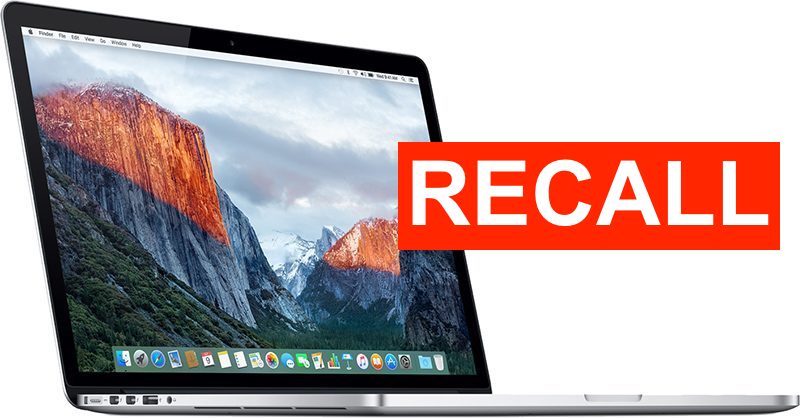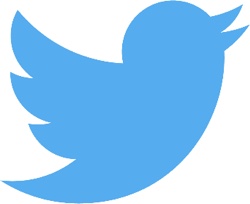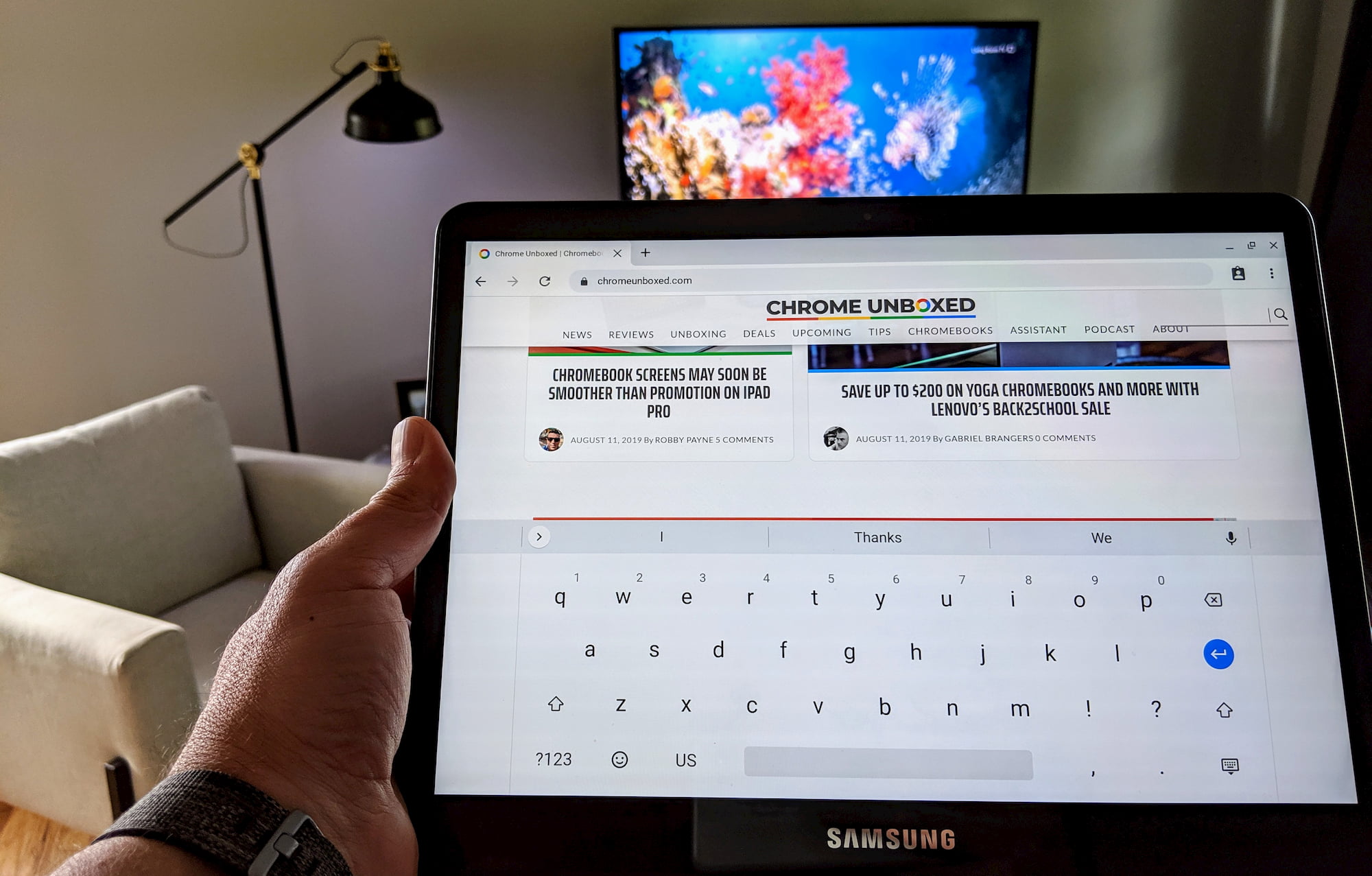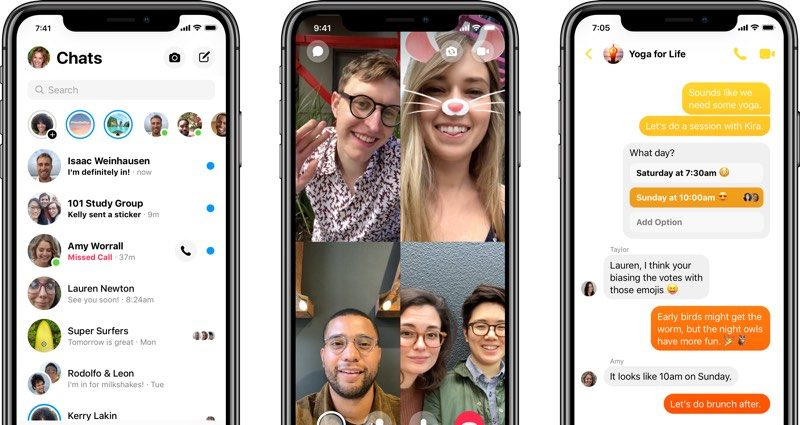Following a recall initiated by Apple, the Federal Aviation Administration has banned mid-2015 15-inch MacBook Pro models with faulty batteries from flights, reports Bloomberg.
Apple in June announced a voluntary recall and replacement program for 15-inch MacBook Pro models sold between September 2015 and February 2017 as these models may contain batteries that can overheat and pose a fire safety risk.

In a statement to Bloomberg, the Federal Aviation Administration said that major U.S. airlines have been notified about the recall and have been instructed to follow guidelines for goods with recalled batteries.
That means affected Apple laptops that have not received replacement batteries are not allowed on flights as cargo or in carry-on luggage, which is standard operating procedure.
Earlier this month, the European Union Aviation Safety Agency also warned European airlines to make sure affected MacBook Pro models are switched off and not used during flights.
Four cargo airlines, including TUI Group Airlines, Thomas Cook Airlines, Air Italy, and Air Transat have implemented bans that prevent the laptops from being brought on planes as cargo.
"Please note that the 15-inch Apple MacBook Pro laptop, sold between mid-2015 to February-2017 is prohibited on board any of our mandate carriers," a TCE operations coordinator wrote to employees.TUI Group Airlines, based out of the UK, plans to begin making announcements about affected MacBook Pro models at the gate and prior to takeoff, but laptops with replaced batteries will not be affected. There is no word on whether similar announcements will be made at U.S. airports and other airports worldwide.
Apple has asked customers with a 15-inch mid-2015 MacBook Pro to stop using their machines until they can take the steps to have their batteries replaced. Users with a 2015 MacBook Pro can enter their Mac's serial number in the recall program website to check if their machine needs a replacement battery.
Apple has been offering free replacement batteries since June and has sent out emails to customers who are affected urging them to bring their MacBook Pro models in for repair. 2015 machines that have a fresh battery are allowed on planes as normal.
15-inch MacBook Pro models from 2015 that have faulty batteries are in danger of overheating and catching on fire. Approximately 432,000 potentially affected MacBook Pro units were sold in the United States, along with 26,000 in Canada.
This article, "Recalled 2015 15-Inch MacBook Pro Models With Faulty Batteries Banned From Flights in U.S." first appeared on MacRumors.com
Discuss this article in our forums
from MacRumors: Mac News and Rumors - All Stories https://ift.tt/2yVZ7k7
 Twitter this afternoon unveiled several new features that are in the works for the social network, sharing the news at an event for press that was attended by
Twitter this afternoon unveiled several new features that are in the works for the social network, sharing the news at an event for press that was attended by 

